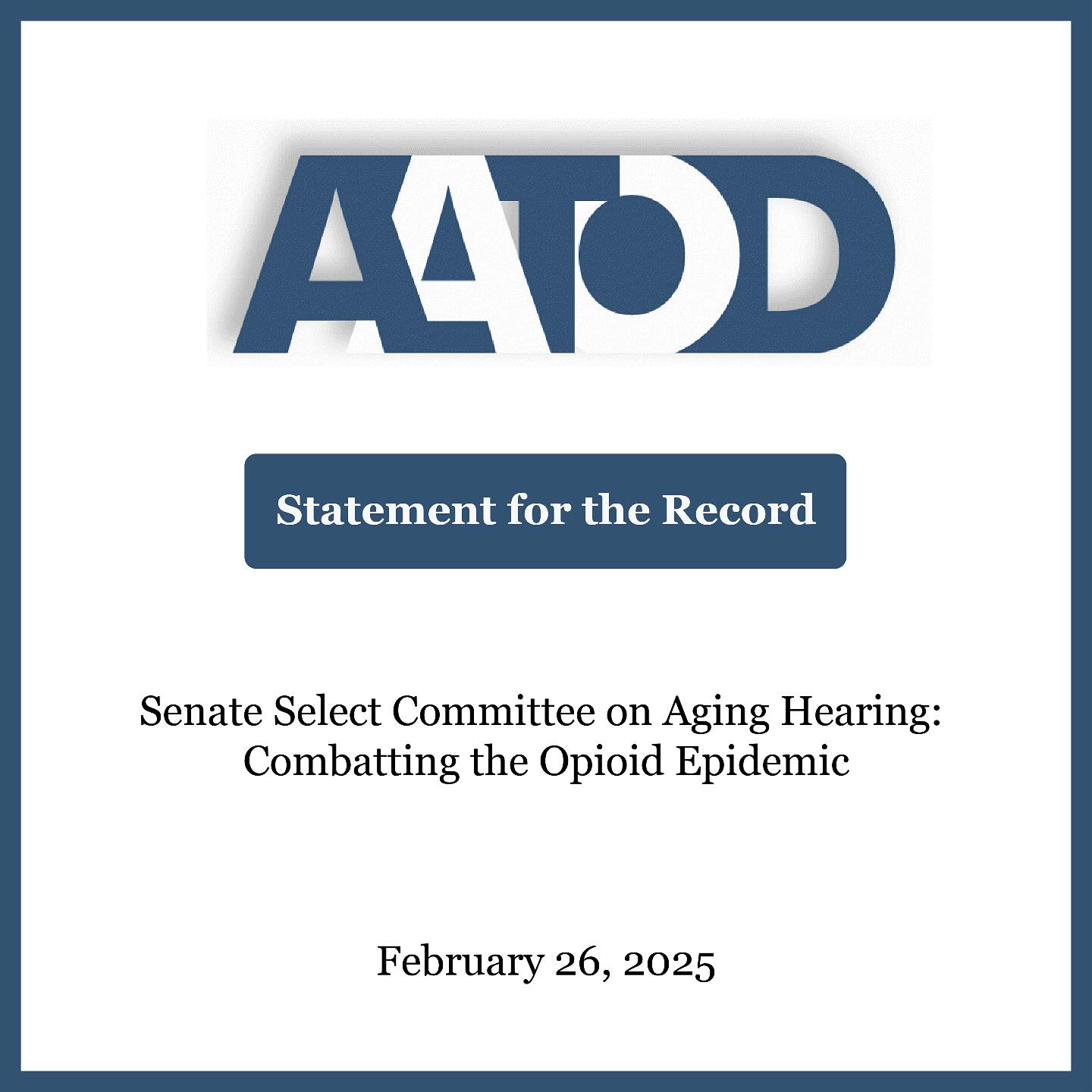On behalf of the American Association for the Treatment of Opioid Dependence (AATOD), which represents over 1,200 Opioid Treatment Programs (OTPs) throughout the United States, we write this to advocate the need to improve access to comprehensive evidence-based treatment of opioid use disorder in the face of a global pandemic. We work closely with our partners in the World Federation for the Treatment of Opioid Dependence (WFTOD), representing over 600 OTPs worldwide. The World Federation represents substance use treatment programs in Europe and works cooperatively with other treatment centers throughout the world. Together with the World Federation, AATOD works with the United Nations Office on Drugs and Crime (UNODC) and the World Health Organization (WHO) in disseminating policies and practices to treat opioid use disorder. Since our founding in 1984, we have also worked with federal and state agencies across the United States that have jurisdiction in this policy area. AATOD has produced nationally recognized training conferences from 1984 to the present and have worked with policy and treatment partners through other national organizations.
Our experience in these matters is substantial. We produced the first Treatment Improvement Protocol (TIP) for the Substance Abuse and Mental Health Services Administration (SAMHSA) in cooperation with our associates at the American Society of Addiction Medication (ASAM) and released by SAMHSA in 1993 (State Methadone Treatment Guidelines).[1] We worked with the Drug Enforcement Administration (DEA) to produce the first Best Practice Guideline, published by the DEA in 2000.[2] Both documents provided guidance to OTPs in understanding the best evidence-based clinical practices in treating patients with opioid use disorder and achieving a high degree of compliance with federal regulatory requirements.






























